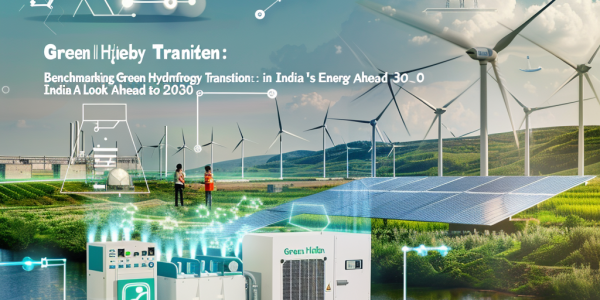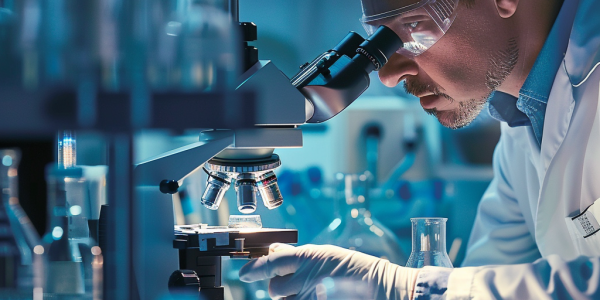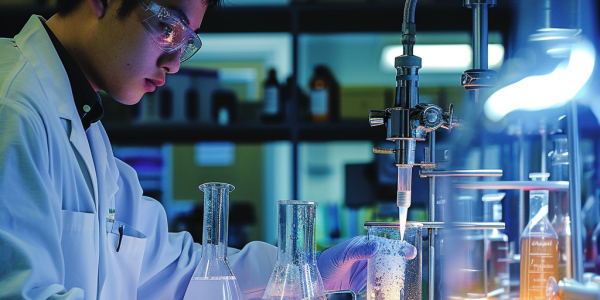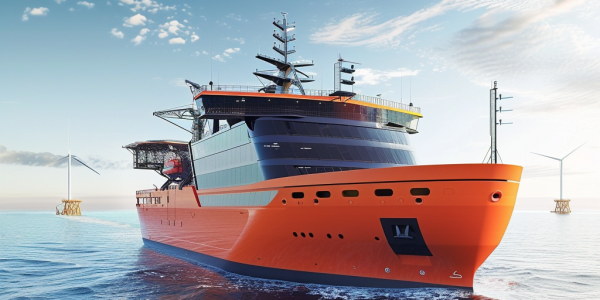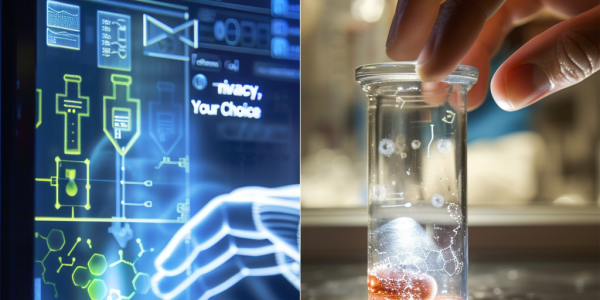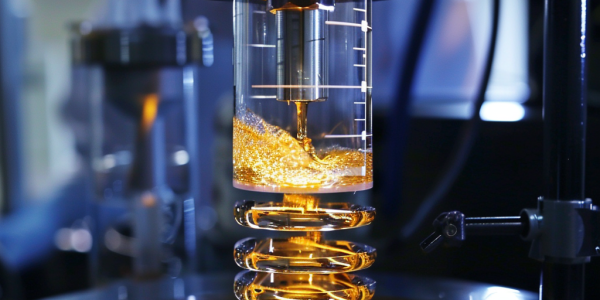Repsol Halts Green Hydrogen Projects in Spain Amid Regulatory Challenges
Repsol halts its green hydrogen projects in Spain, totaling 350 MW, due to an unfavorable regulatory environment and proposed windfall tax on energy firms. This shift raises concerns about the future of hydrogen as a clean energy source and highlights challenges faced by energy companies in navigating regulatory frameworks while transitioning to sustainable energy.
Breakthrough Study Visualizes Nanoscale Water Generation, Paving Way for Innovative Solutions to Water Scarcity
Northwestern University researchers have made a groundbreaking discovery by observing nanosized water bubble formation in real time, shedding light on the catalytic process involving palladium. Published in the Proceedings of the National Academy of Sciences, this study has profound implications for water generation, especially in arid environments and space exploration, potentially revolutionizing resource management on Earth and beyond.
India’s Green Hydrogen Ambitions: A Path to 2030
Explore the future of green hydrogen in India as it plays a vital role in the nation’s energy transition by 2030. This article examines the economic landscape, production targets, and challenges in achieving cost-effective green hydrogen solutions, essential for decarbonizing industries like fertilizer and steel manufacturing.
University of Alberta Develops Groundbreaking Alloy for Hydrogen Combustion Engines
Scientists at the University of Alberta have developed a groundbreaking alloy, AlCrTiVNi5, that enhances the efficiency of hydrogen combustion engines and other high-temperature applications. This innovative material could revolutionize clean energy solutions, paving the way for a sustainable future in the automotive and aerospace industries. As the demand for cleaner energy sources grows, advancements in hydrogen technology and alloy development are crucial for reducing emissions and improving energy efficiency.
Breakthrough in Hydrogen Isotope Separation Promises Sustainable Energy Advances
A groundbreaking study by Leipzig University and TU Dresden has advanced hydrogen isotope separation, crucial for sustainable energy. This research enables efficient, room-temperature separation of hydrogen isotopes, paving the way for innovations in fuel cells, nuclear fusion, and pharmaceuticals, marking a significant leap in the quest for clean energy solutions.
Rice University Develops Innovative Reactor to Convert Nitrates into Ammonia
Rice University engineers have developed an innovative reactor system that converts nitrates into ammonia, addressing water pollution and ammonia production challenges. This breakthrough utilizes electrochemical synthesis, offering a sustainable alternative to traditional methods, and has significant implications for environmental health and carbon-neutral ammonia production.
Eidesvik Offshore Launches World’s First Ammonia-Powered Vessel
Eidesvik Offshore is pioneering the future of sustainable shipping by converting its PSV, the Viking Energy, into the world’s first ammonia-powered vessel. This groundbreaking project, supported by a €5 million EU funding through the Apollo Project, aims to demonstrate ammonia’s viability as a marine fuel. With Wärtsilä’s innovative dual-fuel engine, Eidesvik is taking significant steps towards carbon-free shipping operations, addressing the maritime industry’s urgent need for alternative fuels to achieve net-zero emissions by 2030.
Navigating Privacy and Breakthroughs in High-Temperature Superconductivity
Explore the latest advancements in high-temperature superconductivity with the Y–Hf–H study, revealing new phases and enhanced superconducting properties. Discover how user privacy concerns intersect with groundbreaking scientific research in this comprehensive analysis.
Revolutionary Vortex Fluidic Device Creates Gold Nanoparticles Without Harmful Chemicals
Researchers at Flinders University in South Australia have developed a groundbreaking method to create gold nanoparticles using a vortex fluidic device without harmful chemicals. This innovative approach not only produced nanoparticles but also revealed a contact electrification reaction in water, generating hydrogen and hydrogen peroxide. The environmentally friendly and efficient process offers potential applications in various fields such as drug delivery, catalysis, sensing, and electronics.
Sanlorenzo Unveils First Superyacht with Methanol Fuel System
Sanlorenzo unveils the groundbreaking 164-foot steel superyacht Almax, the first to utilize a green methanol fuel cell system in collaboration with Siemens Energy. This innovative technology sets a new standard for sustainability in the luxury yacht industry, offering zero emissions and up to 100kW of power. The 50Steel superyacht not only prioritizes eco-friendliness but also features a Hidden Engine Room design to maximize living space and luxury amenities. With its elegant design by Zuccon International Project and Piero Lissoni, the 50Steel represents a new era of environmentally conscious maritime travel and opulent onboard living.



